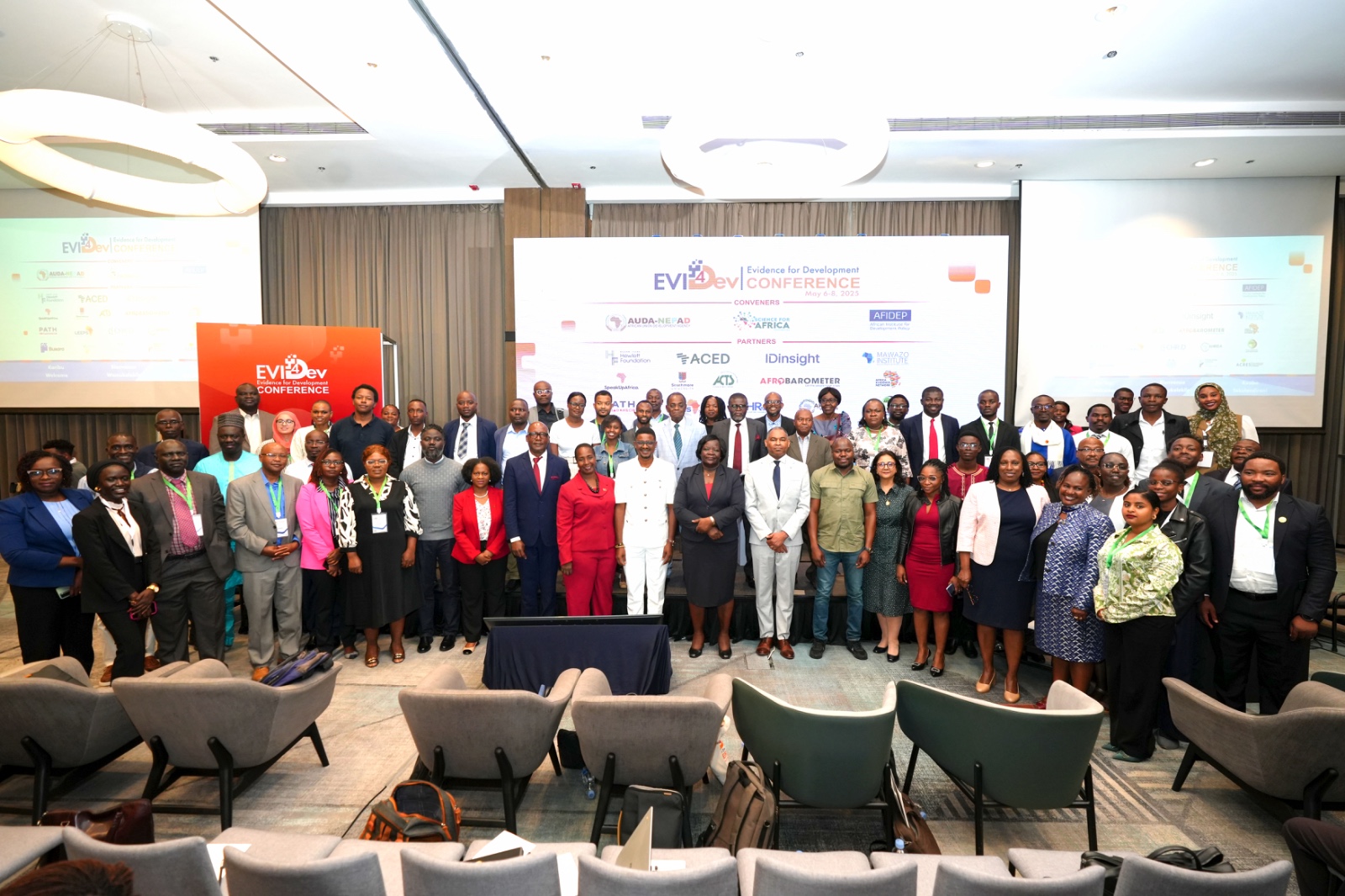
A high-level conference aimed at
bolstering science, technology, innovation (STI), and evidence-based
policymaking for Africa’s development kicked off today in Nairobi, bringing
together over 300 delegates from more than 25 countries across the continent.
Held under the theme “Optimising
the Role of Data, Evidence, and Innovations in Africa’s Efforts to Create
Wealth, Empower Citizens, and Foster Responsive Governance,” the conference
aims to strengthen the continent’s knowledge ecosystems in line with the AU’s
Agenda 2063 and the global Sustainable Development Goals (SDGs).
Kenya’s Cabinet Secretary for Education, Julius Migos Ogamba, in remarks delivered by Dr Roselida Owuor of the Ministry of Education, stressed the need for aligning Africa’s education systems with the continent’s scientific ambitions.
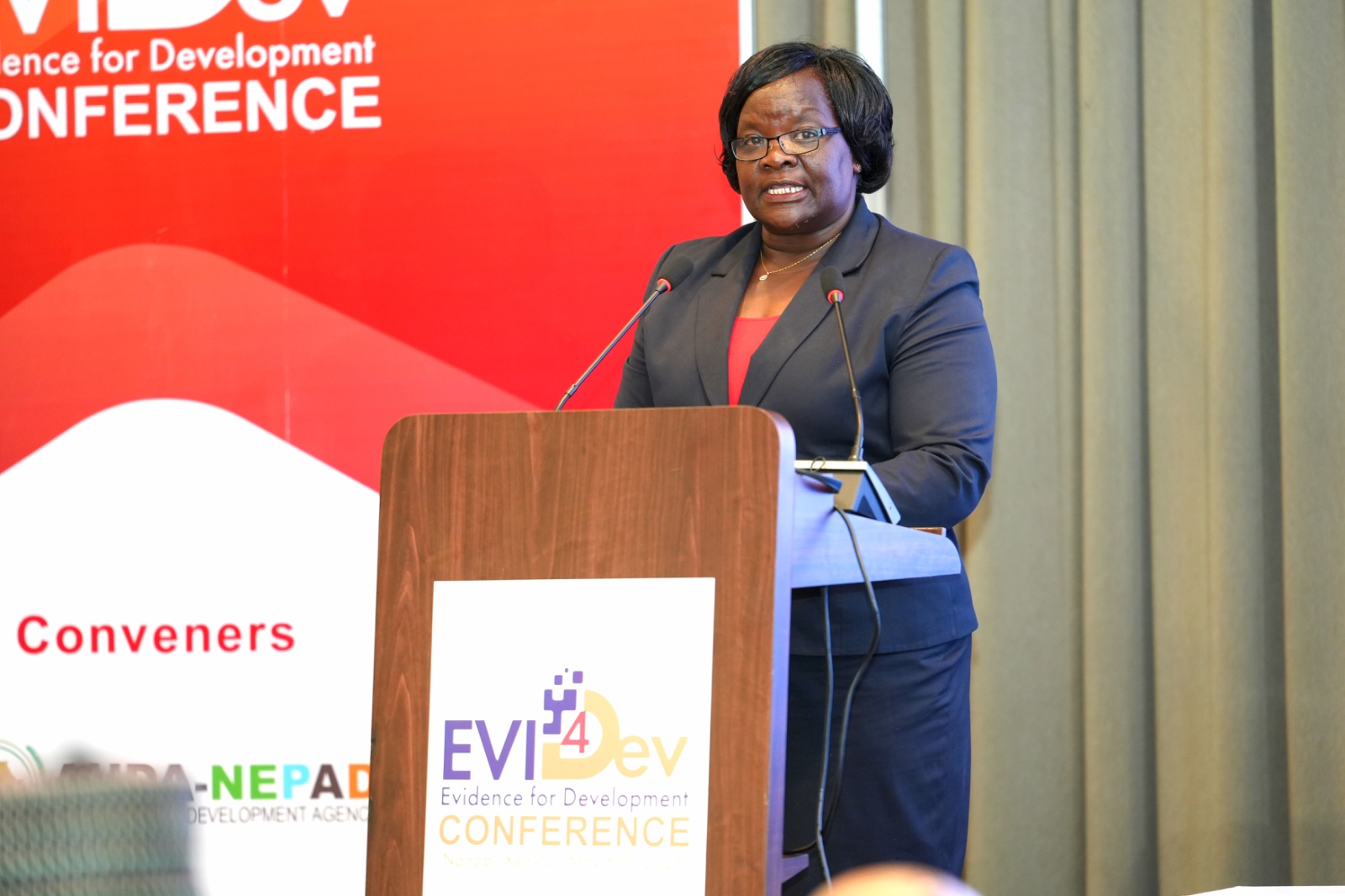
“Data, evidence, and innovation are
not mere buzzwords. They are lights for sustainable development which allow us
to identify challenges, inform decisions, and allocate resources effectively,”
he said, warning that inadequate investment and poor data quality continue to
hinder progress.
Malawi’s Minister of Higher Education, Dr Jessie Kabwila, echoed the call for stronger investment in research and academic institutions, noting Africa’s low tertiary enrolment rate and underfunded research sector.
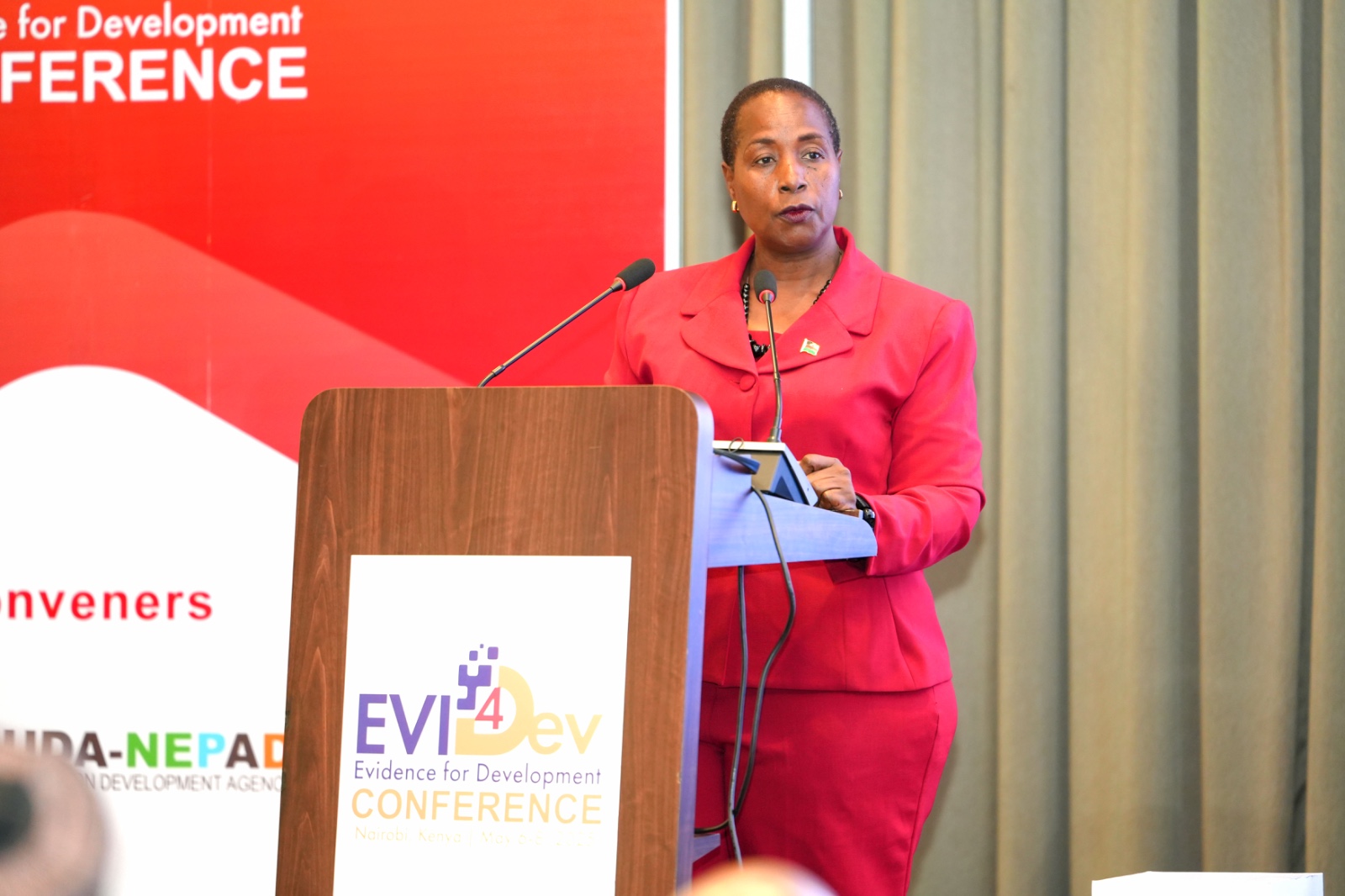
“Africa invests around 0.5% of its
GDP in research and development, compared to the global average of 2.2%,” she
said.
AFIDEP Executive Director Dr Eliya
Zulu highlighted the cost of inefficiencies and corruption on the continent,
citing an annual loss of over $140 billion.
“Evidence can and should help us trace these
leakages, identify systemic weaknesses, and design better safeguards for public
resources,” he said.
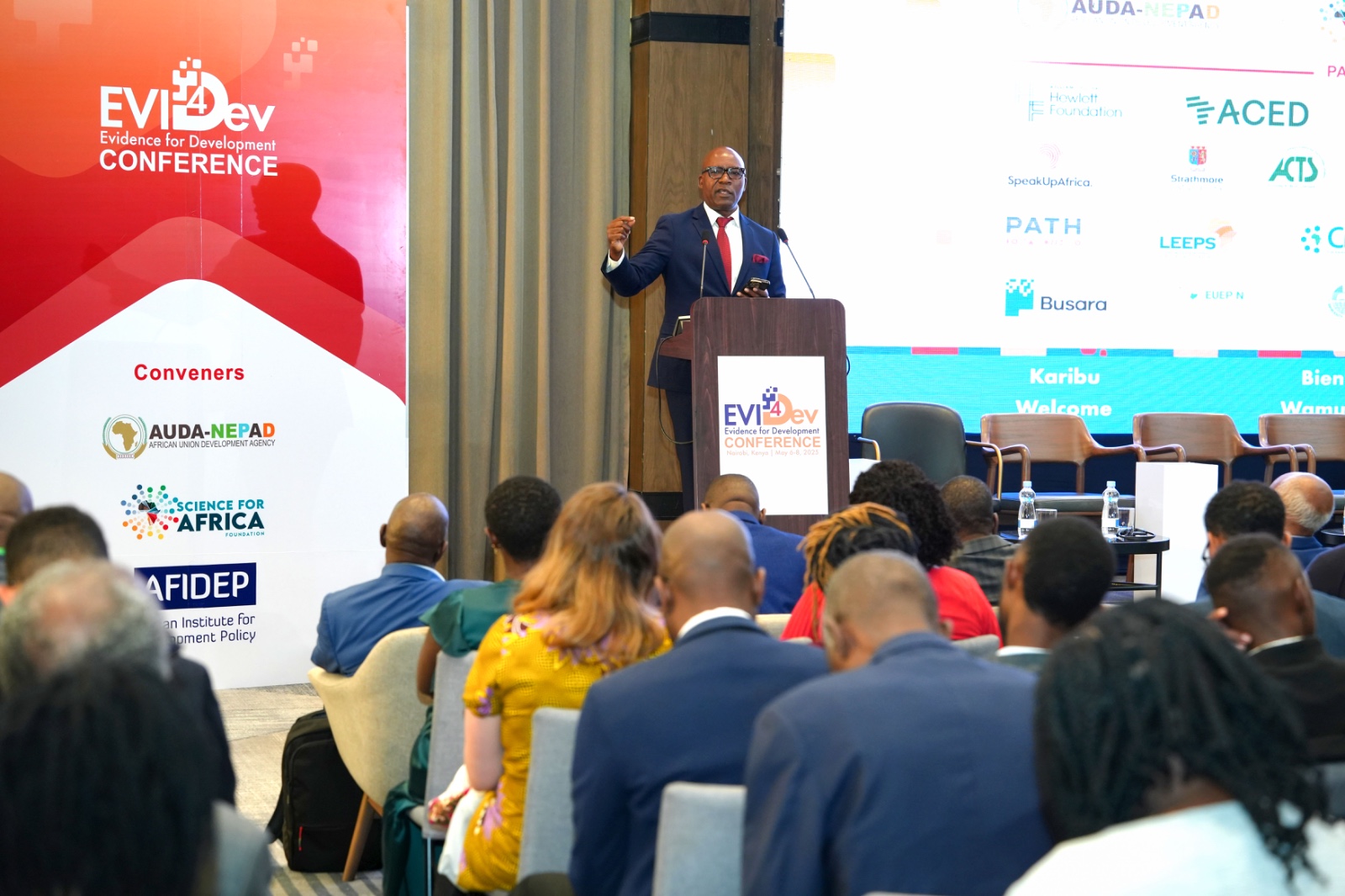
Prof. Brando Okolo, Senior Advisor
for Science, Technology, and Innovation at AUDA-NEPAD, emphasized the need to
ensure the integrity of data used in policymaking.
“True progress depends not just on
having evidence, but on ensuring its truth,” he stated.
In his keynote address, Dr Tom
Kariuki, CEO of the SFA Foundation, urged collaboration across sectors and
borders to unlock the full potential of innovation for development.
“Transformative change doesn’t happen
in silos,” he said. “We need funders, governments, researchers, communities,
and the private sector—not as stakeholders, but as co-owners.”
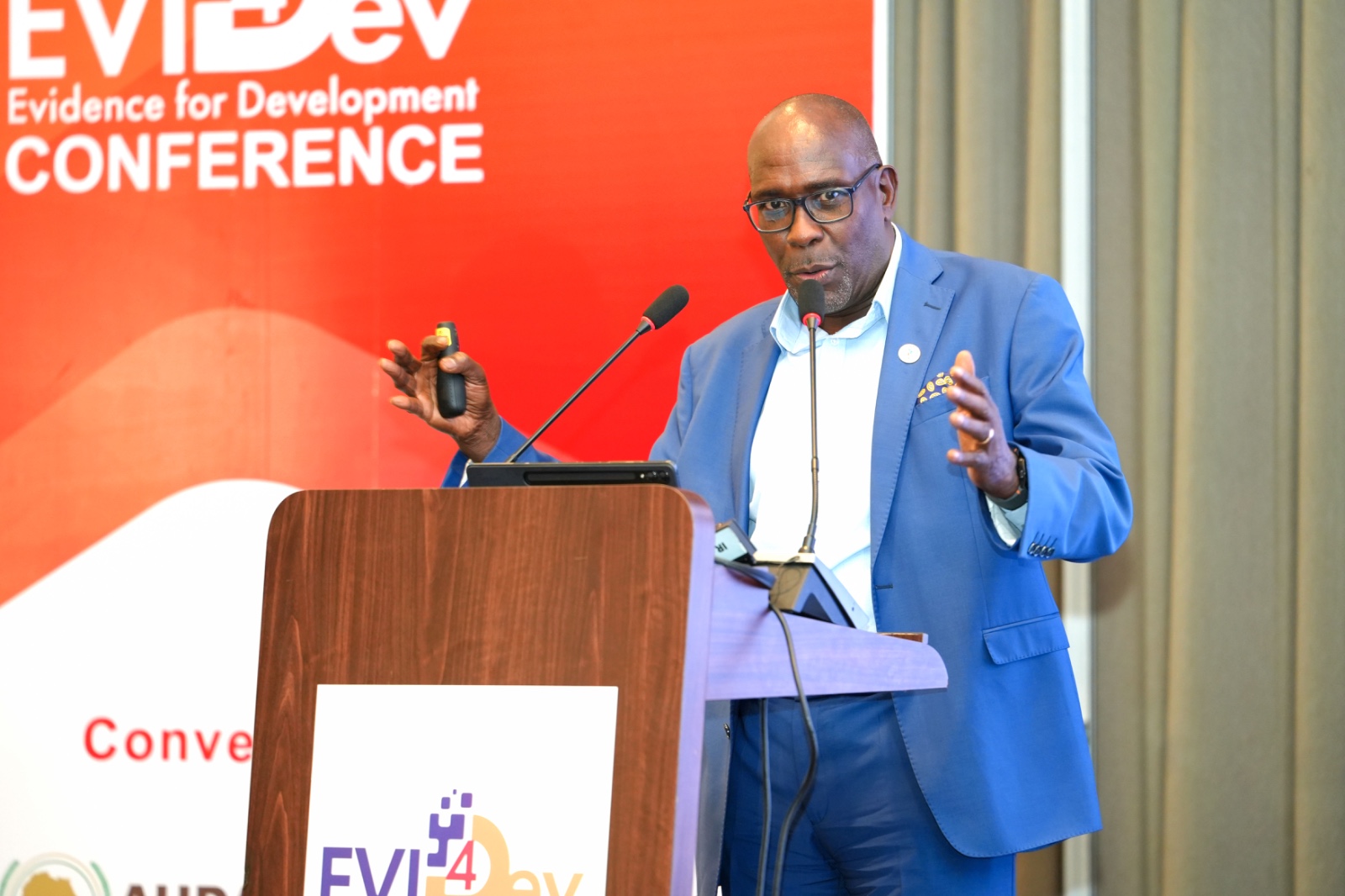
The inaugural Evidence for
Development Conference is running from May 6 to 8.
It has drawn senior government
officials, researchers, private sector leaders, civil society organisations,
and youth innovators to discuss the central role of STI in shaping Africa’s
future.
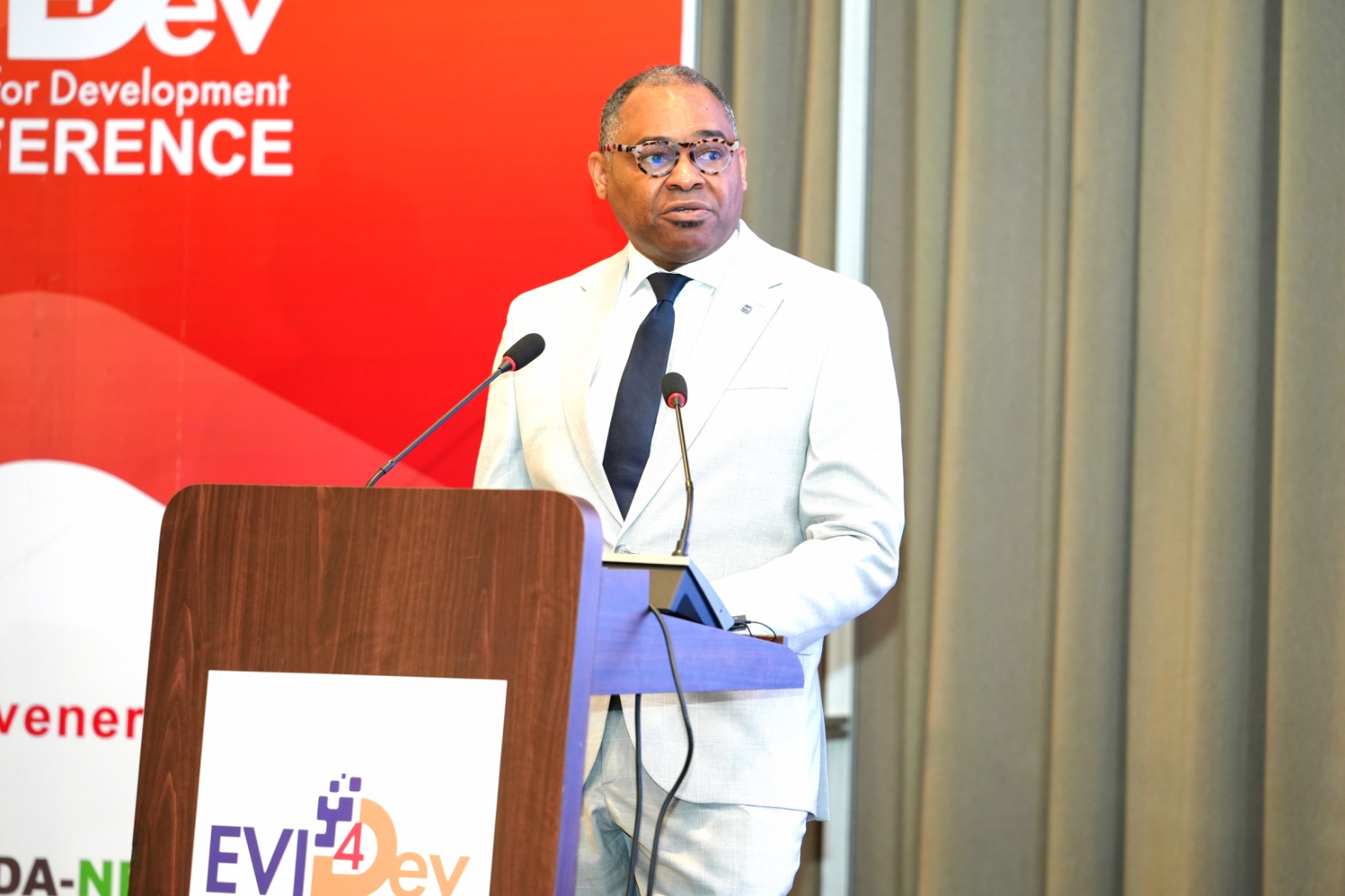
The conference has been co-convened
by the African Institute for Development Policy (AFIDEP), African Union Development
Agency (AUDA-NEPAD) and the Science for Africa (SFA) Foundation, among other
partners.
The meeting is expected to conclude
with actionable recommendations to strengthen Africa’s STI and evidence
ecosystems and fast-track progress toward a knowledge-driven future.
















